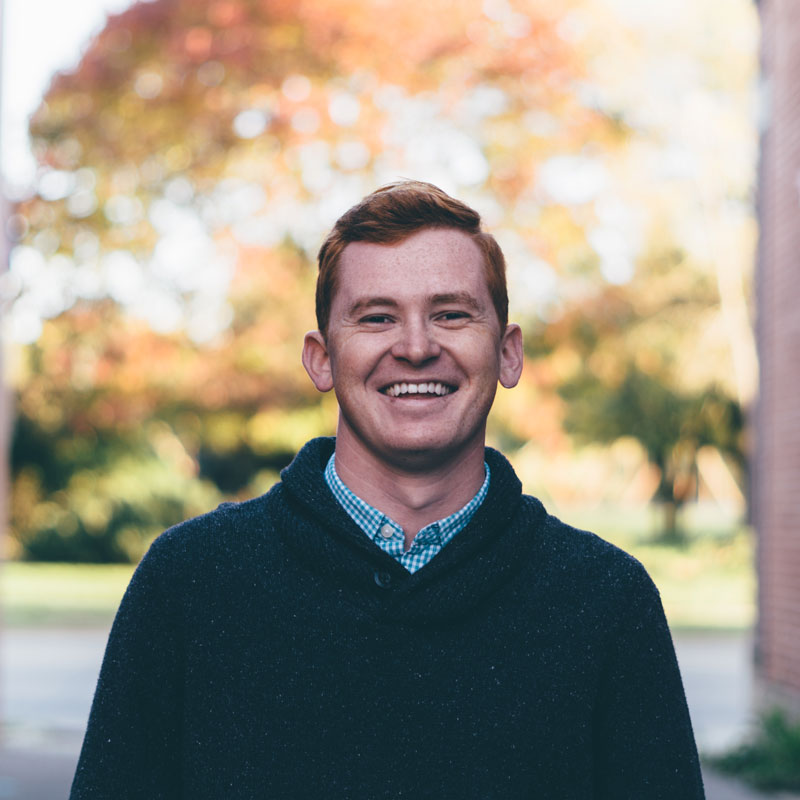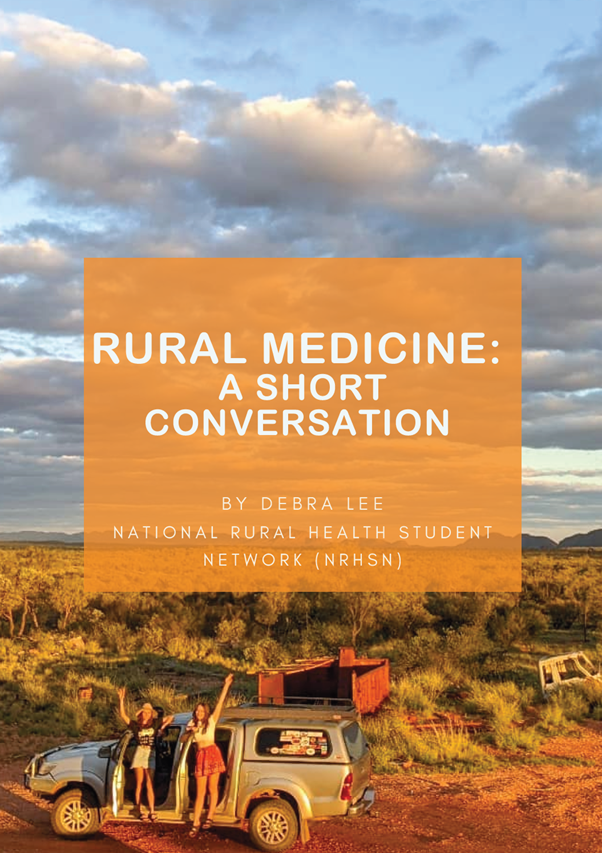Rustica Student Scholarship Reflection: Expedition Medicine
In 2022, Tomas was a recipient of a RUSTICA scholarship that supported him throughout his rural placement. Below is his reflection of his amazing experience.
During September this year I attended an eight-day Expedition Medicine course run by the University of Tasmania. I chose this short course as part of my selective clinical placement, as wilderness and expedition medicine has become an interest of mine- something that I hope to pursue as a career in the future.
The Expedition Medicine course is a unique experience designed to introduce individuals to a basic approach to planning and executing expeditions requiring medical support. It also emphasises structured management approaches to assessing and treating casualties in the wilderness, with a variety of supplementary lectures given regarding relevant expedition medicine topics (e.g. illness at
altitude, basic dental presentations, avalanche awareness). Although there were a variety of different professional backgrounds, the vast majority of people participating in the course were either doctors or paramedics. Even though I was the youngest person and only medical student on the course, I did not feel disadvantaged when it came to medical knowledge. The lectures and scenarios that occurred throughout our time on Expedition Medicine were more focused on fundamental basic skills and approaches to handling casualties in the wilderness- rather than specifics of medical management. We began the course with two days of learning theory at the Newnham campus in Launceston.
Following this we travelled to the Mt Cameron Field Centre which became our base for the next six days. Throughout this time we engaged in a variety of practical and theoretical skills and learning activities during the day, with afternoon and evening reserved for group scenarios aimed at testing these skills and giving us the opportunity to operate as leaders, followers or patient casualties. During these sessions a group of people would be taken and placed in the surrounding area as
casualties, while the remaining group would receive a short brief and have to develop a rescue plan. These scenarios often ran late into the night, with our longest session lasting from 7pm through till 5am.
This course gave insight into the unique challenges faced when operating as a medical professional in remote wilderness areas. The importance of planning, clear and succinct communication, good followership and consideration of environmental hazards were key learning points for me. These skills are not just reserved for ‘out-there’ extreme survival situations, but are also extremely relevant to rural and remote practice where isolation and lack of medical support and resources are major
factors. I particularly enjoyed the scenarios that required a practical skillset (e.g. rope rescue techniques) and search and rescue planning. It also provided perspective on the vast array of career options that exist in this field- from remote general practice and retrieval medicine to Antarctic and mountaineering expeditions. Overall, this experience was an invaluable introduction to a diverse and exciting area of medicine, one that promotes a unique skillset and ability to manage risk, improvise
and work well in a team environment.
The main barrier to participating in courses such as this, especially for students, is the cost. Being awarded a Rustica scholarship provided financial support and allowed me some security whilst pursuing a passion of mine. As a result, I had an unforgettable experience that has motivated me to continue pursuing a career in this area. I hope that many more students get to experience courses like this, as the lessons learnt during are invaluable.
Thank you Rustica!


